By Branden Durst
Throughout Idaho, a debate rages, woven into the fabric of legal and constitutional intricacies. At the forefront of this discussion is the state’s Charter School laws, thrust into the limelight by the recent House Bill 422. Beyond the apparent amendments to charter laws, a profound constitutional concern surfaces, challenging the very essence of the First Amendment.
Contrary to popular belief, the Blaine Amendment and the seal preventing public funds from reaching sectarian organizations in Idaho is already broken, despite persistent claims to the contrary, particularly on the political left.
The recent deliberations of the Idaho House Education Committee on HB 422 intensified the spotlight. Professor Nicole Garnett, a renowned national expert on charter law and religious liberty from Notre Dame Law School, presented a harsh assessment. She contended that Idaho’s charter law, in its current form and as it is proposed to be altered in HB 422, stands as an affront to the First Amendment of the United States Constitution.
Even self proclaimed champions of religious liberty, like Representative Barbara Ehardt from Idaho Falls, voted in favor of HB 422, seemingly disregarding its unconstitutionality. This paradoxical support raises questions about the depth of understanding and commitment to the principles of religious freedom. A broader discussion around Idaho’s Blaine Amendment is now imminent. Opposition to the expansion of school choice, notably from the education establishment and leftist groups such as the Idaho Education Association, Idaho Association of School Administrators, Idaho School Boards Association, Idaho Business for Education, and Reclaim Idaho, hinges on the misconception that the Blaine Amendment remains intact.
Recent U.S. Supreme Court decisions, including Trinity Lutheran v Comer, Espinoza v Montana Department of Revenue, and Carson v Makin, provide unequivocal clarity. Public funds, when extended to private organizations, cannot be discriminatorily denied based on their religious nature. Yet, Idaho’s charter law, in its present structure and under HB 422, contradicts these constitutional principles.
The broken seal, preventing public funds from reaching sectarian organizations, is all too clear. The state’s exclusion of religious organizations from charter school establishment and authorization violates the fundamental tenets of the First Amendment. The current system extends public benefits to nonsectarian private organizations while arbitrarily excluding their sectarian counterparts. That is facially unconstitutional.
Alex Adams, the chief architect of HB 422, who currently serves as the state’s budget chief and previously as interim director of the Idaho Public Charter School Commission, rightly pointed out that it is private organizations who apply for charters and they are autonomous. This acknowledgement is immeasurably profound and critical.
Moreover, recent developments in Oklahoma offer a striking contrast. Despite having a statute similar to Idaho, Oklahoma Governor Stitt and State Superintendent Walters recently expressed their support for religious charter schools and authorizers, in stark contrast to Governor Little and State Superintendent Critchfield who remain, at the very least, tacitly in support of religious discrimination.
In conclusion, the broken seal demands our immediate attention. Idaho can and should be a national leader in fighting for religious liberty and that effort should start with removing blatantly anti-religious language in Idaho’s charter laws and in HB 422. To that end, It is time to reevaluate HB 422 to ensure that it aligns with the core values of religious freedom that our nation holds dear. The constitutional
fabric that binds our democracy must not be selectively woven.
Branden Durst is a former state senator and superintendent of the West Bonner County School District
Originally published at Idaho Education News
About Branden Durst
Branden Durst, MPA, EdS, is the chairman of Brabeion Academy. He is a former Idaho state representative and Idaho state senator and co-creator of the highly successful Advanced Opportunities program.


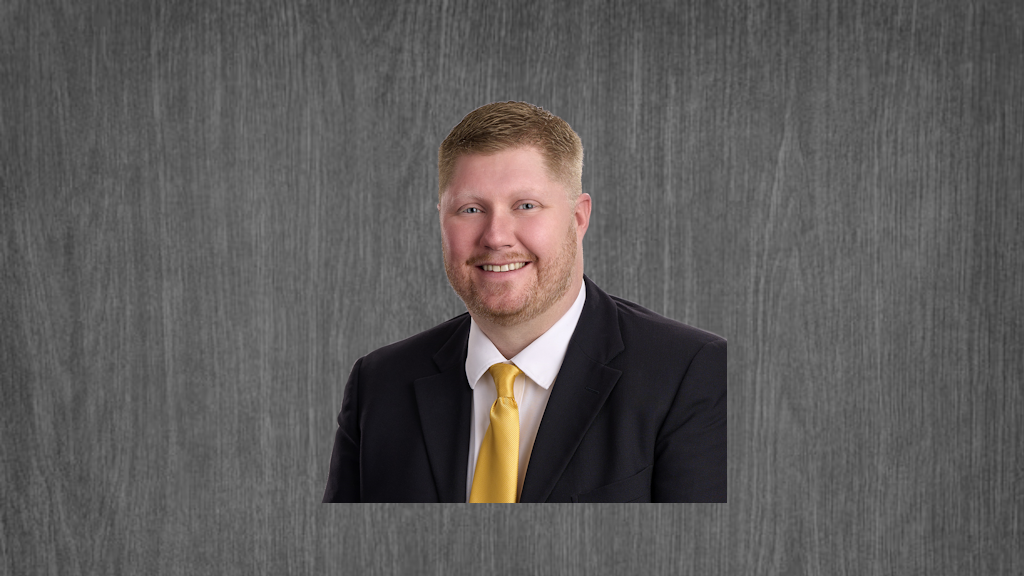
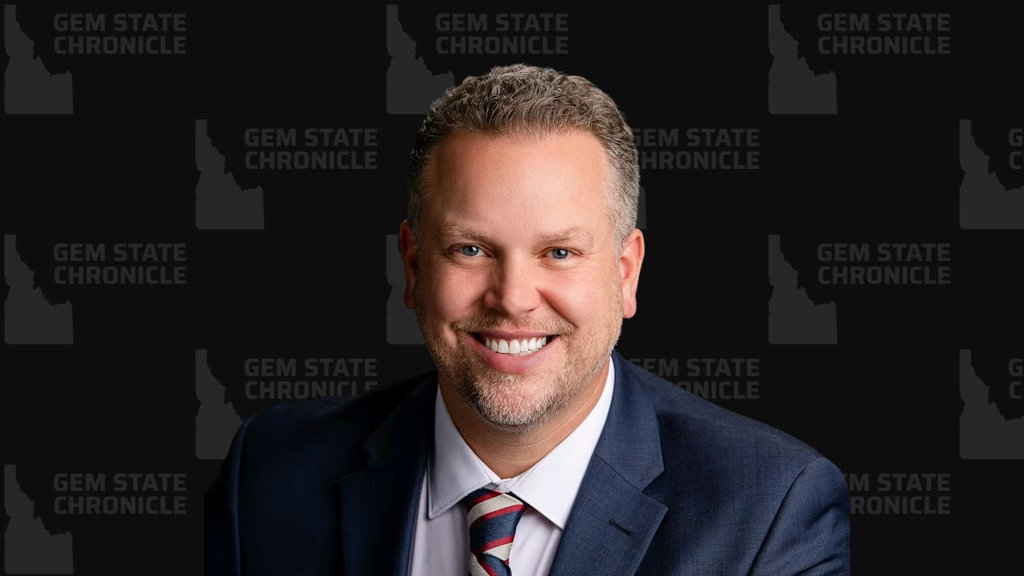
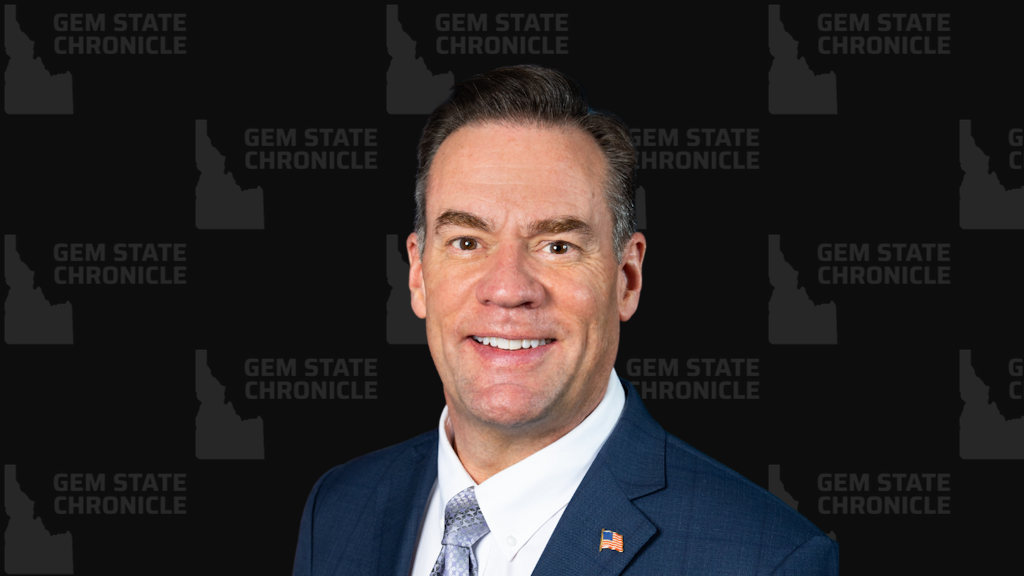
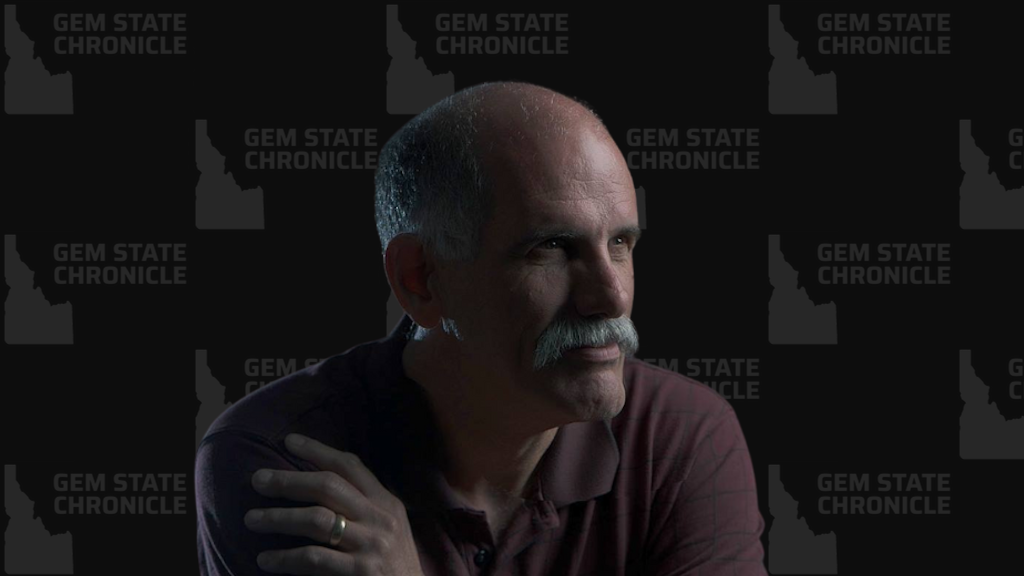



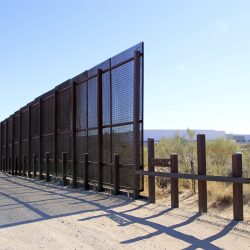



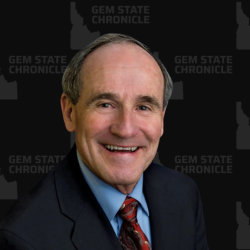
2 Comments
Comments are closed.